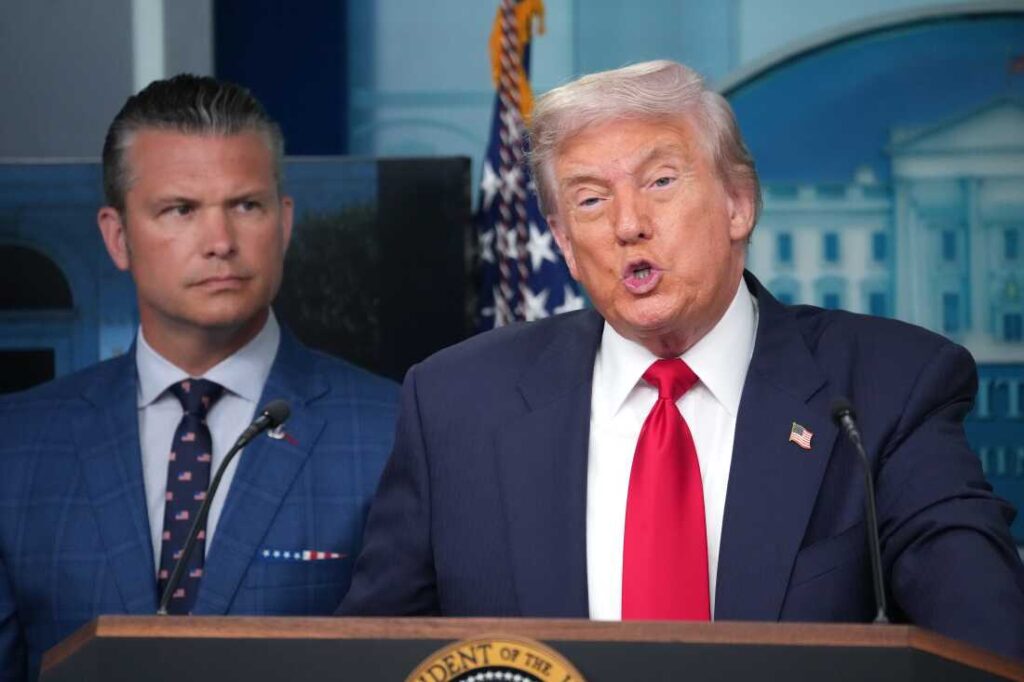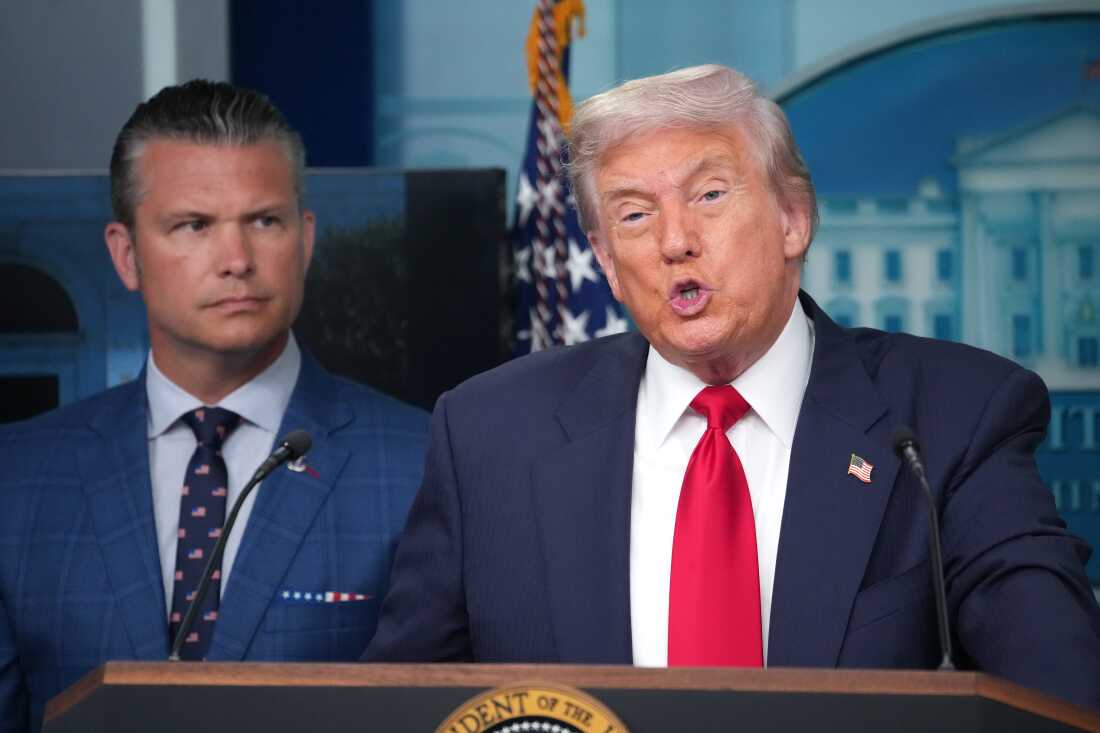President Donald Trump has ordered the Pentagon to pay military troops during the shutdown, ensuring service members receive their October 15 paychecks despite the ongoing government funding crisis. The decision shields more than 1.3 million active-duty soldiers from financial stress, but it also raises legal and political concerns.
Background: Shutdown Threatens Military Pay
The federal government shutdown began on October 1 after Congress failed to pass a funding bill. When funding expires, most agencies must stop spending money, even for essential operations.
Without a solution, military personnel risked missing their regular paychecks for the first time in U.S. history. That possibility sparked debate among lawmakers and defense officials.
In past shutdowns, Congress passed special bills to fund the military, but this time, political deadlock blocked progress. Republicans control both chambers yet lack enough votes in the Senate to act alone, while Democrats continue to push for broader spending measures.

Trump Orders Pentagon to Use “All Available Funds”
On October 11, Trump said he had identified funding sources and directed Defense Secretary Pete Hegseth to make sure troops are paid on time. He promised that no one in uniform would go without pay.
The administration plans to use about $8 billion from existing research and development funds to cover salaries. This approach provides short-term relief, but future paychecks could again face risk if the shutdown continues.
Legal Questions Around the Decision
Critics warn the move might violate the Antideficiency Act, which bans federal spending without congressional approval. Breaking this law can lead to fines or even criminal charges.
Representative Rosa DeLauro called the action “unlawful,” arguing that the president is bypassing Congress. The Government Accountability Office (GAO) has not yet opened an investigation but said it may review the case if asked.
Some Republicans defended the plan. Representative Jen Kiggans praised the decision, noting it reflects the goal of her Pay Our Troops Act, which aims to protect military pay during shutdowns. Yet, top congressional leaders remain cautious. House Speaker Mike Johnson and Senate Majority Leader John Thune prefer to address the shutdown through broader negotiations.
Political and Practical Impact
Trump’s directive helps military families avoid financial hardship, but it also reduces pressure on lawmakers to end the shutdown. If troops are paid, Congress may take longer to reach an agreement.
The decision lets Trump frame himself as protecting service members while blaming Democrats for the ongoing crisis. Still, his order doesn’t cover federal civilian employees, many of whom are working without pay. The Coast Guard, under the Department of Homeland Security, also remains uncertain about upcoming paychecks.
While $8 billion seems like a large amount, it covers only a single pay period. If the shutdown lasts longer, the Pentagon may struggle to sustain payments or fund other defense programs.
Legal experts warn that using money without approval challenges the balance of power between Congress and the president. Future rulings could declare the move illegal, forcing the Pentagon to stop such payments or face penalties.
What Happens Next
Troops and families: The immediate effect is positive. Paychecks on October 15 are now guaranteed, bringing relief to military households already facing inflation and rising costs.
Congressional response: Lawmakers remain divided. Some argue the move protects national security; others say it weakens Congress’s authority over spending.
Civilian workers: Thousands of federal employees still face missed paychecks and uncertainty. Unequal treatment could harm morale across agencies.
Long-term impact: The shutdown continues to disrupt government operations. If it drags on, contractors, suppliers, and defense readiness may all suffer.
Conclusion: Relief Now, Uncertainty Ahead
President Trump’s decision to pay military troops during the shutdown offers short-term stability but also invites legal and political challenges.
For now, troops can breathe easier knowing their mid-October pay is secure. Still, this solution may only delay bigger problems if Congress and the White House fail to agree on a long-term spending plan. The debate highlights how political battles in Washington ripple through families, agencies, and the nation’s defense system.











